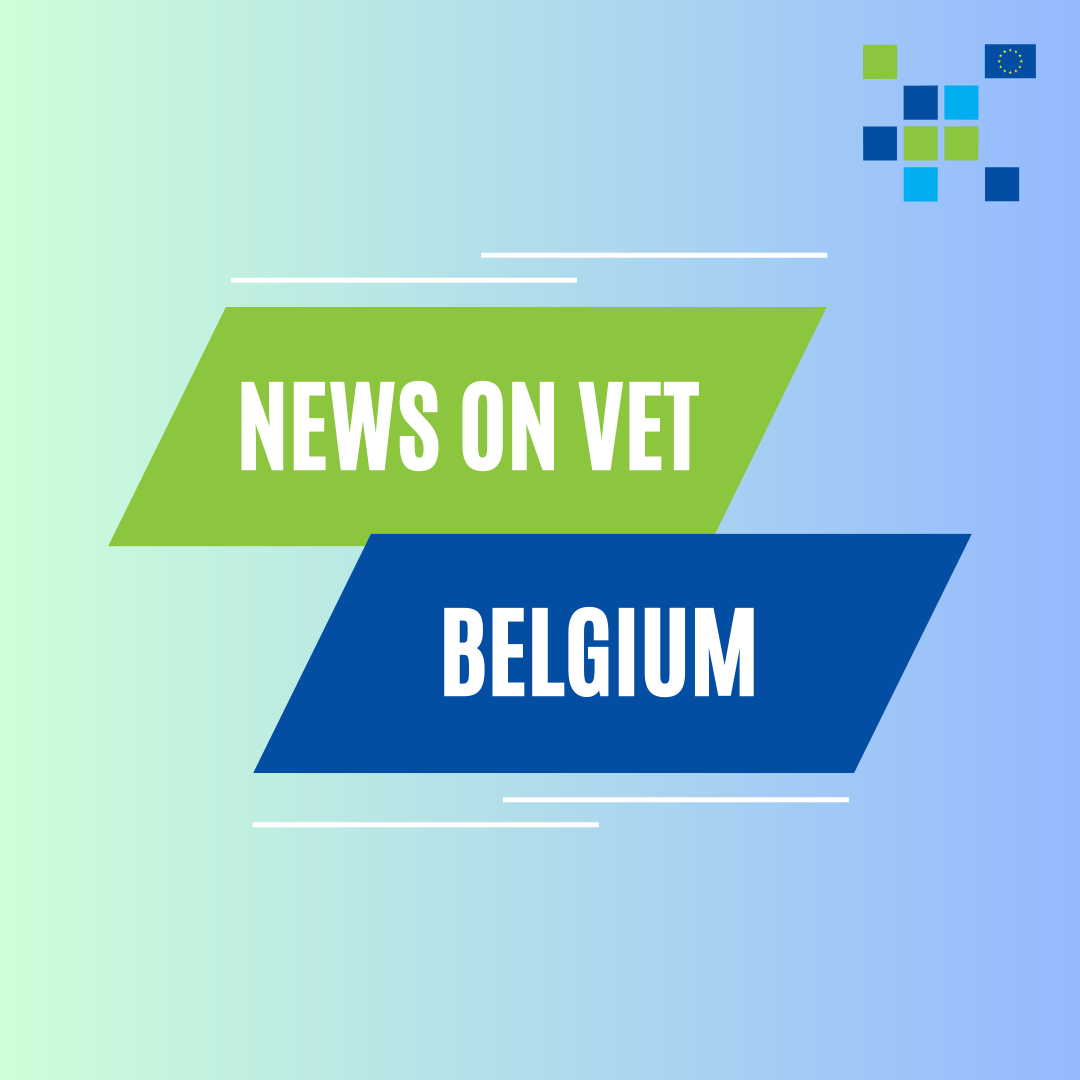
Starting from 1 September 2021, eight new InnoVET projects take on the continuous challenges brought about by a changing society, labour market and education.
InnoVET is an initiative of the Flemish Government’s Department of Education, build in cooperation with the five regional technological centres, which aim at creating synergies between education institutions and the labour market.
Set up as an answer to the major technical challenges education will be faced with, and to the training needs of teachers and trainers, this programme promotes innovation in labour-market-oriented training. Designed for technical and vocational schools, InnoVET specifically aims to familiarise teachers and students with new developments in the labour market by bringing labour market innovations directly into the classroom.
Stakeholder involvement
Since every project is a partnership between schools (IVET and CVET), labour market actors (companies, sector organisations), research and knowledge centres, private partners (e.g. digital component), pedagogical counselling services and/or regional technological centres, teachers act as the bridge between education and work.
Focus of 2021 InnoVET projects
InnoVET started in 2019-20 with 13 projects, to which nine more were added in round 2 (2020-21). In this third round, eight new projects (2021-22) will become part of the InnoVET programme:
- ‘VR in the pipeline’: with the help of augmented reality (AR) and virtual reality (VR) tools, learners discover the functioning of household sewerage, while considering the impact of water management on the climate;
- the ‘AI in industrial technical training’ project aims to professionalise teachers and students of technical secondary programmes in artificial intelligence (AI);
- the ‘Digital learning paths for vocational training’ project focuses on digital learning paths that enable self-study in four practical subjects (mechanics, wood, electricity, painting and decoration);
- ‘Circularity and innovation in the preparation of apple-grape wine’ is presented as a case study for circular learning involving chemistry, technology-sciences, biotechnics and biotechnical sciences;
- the ‘SCARA robots in secondary education’ project allows learners to build and use SCARA robots. Their applications are useful for the subjects of mathematics, physics, English, mechanics/machine tools, electricity/electrical installations, electronics and computer science;
- the ‘Cool learning: the beginning’ project focuses on creating multimedia applications around skills for the new dual training for refrigeration technicians;
- ‘Learning bridge care’ results in a VR application through which care and nursing actions can be practiced;
- ‘VR trainers on track – a 360° view on the world!’ is a project that aims at providing teachers with skills to develop their own VR teaching materials.
Actions carried out within InnoVET are designed as a process in three phases: bringing together as many partners as possible, setting up projects, and disseminating the tested and reproducible learning results.
Read more:
Read this publication on Cedefop’s website
ReferNet Belgium; Cedefop (2021). Belgium: new projects for the third InnoVET cycle. National news on VET
